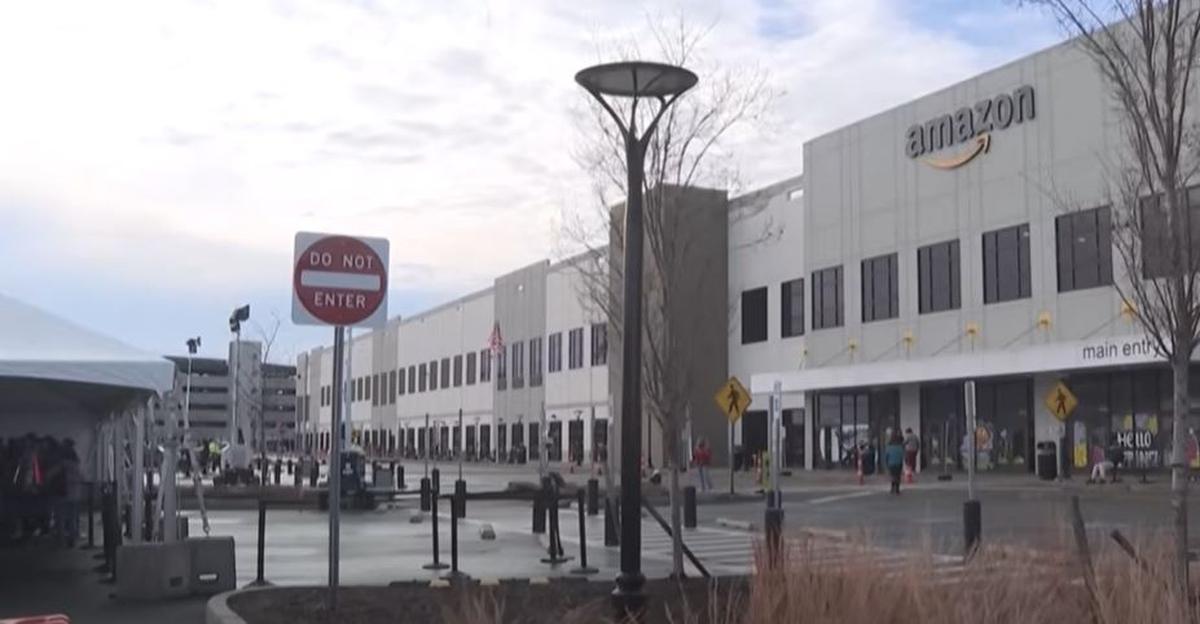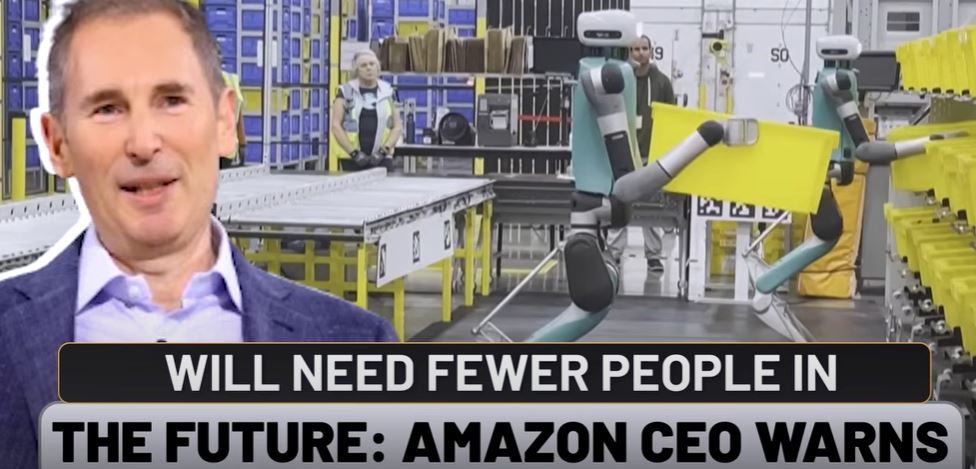
Another disaster appears to follow the once world-renowned international company. Recent years haven’t been kind to big corporations, from Facebook to Tesla, everyone is struggling. But one company is perhaps pulling the shortest end of the stick. Financially, customer-trust wise, with added notoriety, let’s factor in all that contributed to this mid-June 2025 announcement. Deadlines are tight, and for many employees the message is clear. But is it just? Is it reasonable? Some questions will find their answers right here!
An Unprecedented Ultimatum

Amazon acted quietly. This month, it announced 350,000 corporate and tech employees that they have 2 options: relocate or resign. This feels like a huge escalation from the traditional move-back-to-office policy. To add salt to the wound, employees have been given 30 days to decide, 60 days to wrap up any move. And what prompted this drastic gesture? Critics are arguing that this is a forced lay-off. However, Amazon is framing this policy as “supportive”, giving relocation assistance.
What Are The Hubs? Why Now?

This mandate is specifically targeting the teams from Seattle, Arlington (VA) and Washington, D.C. So, other employees from satellite offices like New York, Boston, LA, Dallas, etcetera, are expected to relocate. But that means uprooting one’s life completely. From homes to community ties, nothing appears convenient. Andy Jassy is quoted as being the harbinger of this decision, as he warned that AI will affect and shrink Amazon’s workforce in the next few years. Jassy is claiming that co-located teams work smarter and innovate faster. It appears this isn’t just about being present in the office!
Centralization Begins

In early 2024, Amazon had enough with the remote-working employees. So the 5-day in-office weeks returned. Now it’s becoming even more aggressive: if employees are unwilling to relocate, they’ll lose their jobs. With no severance pay. Certain Reddit threads in r/Layoffs are revealing professionals who are facing extremely stressful decisions due to their families, their careers and lives established in one place. There, it’s discussed how Amazon usually uses severance for layoffs, but not here. The choice resembles a forced walkout rather than a flexible work opportunity.
Cost Cutting, Is it True?

Amazon claims this is no financial play. This is a move for “operational effectiveness”. Yet analysts are pointing out that forcing voluntary resignations saves Amazon from paying severance. Plus, moving staff into hubs allows Amazon to re-deploy satellite office leases. Experts are describing this policy as a “relocation filter”. Otherwise known as a corporate tactic to find those employees that are committed through personal and economic pressures. We’ve seen similar approaches in IBM and Microsoft, but nothing as big as Amazon’s scale!
Concerns For Employees: Housing Market, Personal Debt

Employees are struggling with a lot of things at the moment. Shaking their family life, facing a potentially double household logistic, losing their community, disrupting their routine for a new environment. Some are even caring for dependents. Besides, Amazon didn’t promise universal relocation help or reimbursement. And with that in mind, Seattle, Arlington and D.C. are known as some of the most expensive U.S metro areas. A one-bed in Seattle? $1,700 a month at least. Without a relocation incentive, employees are risking low-rate mortgages and accumulating debt.
Talent Loss, Cultural Ripples

Amazon is aware that some workers will choose to leave. Yet losing the mid-career engineers, the managers, that will create a big gap in knowledge. And co-locating thousands of employees on top of the ones they already have in hubs means crowded offices! Jassy wishes for ideas to collide and become something bigger, but with rising real estate costs and fewer satellite outlets this can lead to cultural compression, not expansion.
Consequences For Satellite Cities

Boston, Austin, L.A., they have hosted Amazon teams since the remote hire waves started. But now, with the employees leaving and offices emptying, local tech ecosystems are suffering. Amazon’s decision risks being a tech drain for markets that’ve been abandoned. And furthermore, Amazon’s policy, should it prove successful, can trigger copycats. Competing companies might very well do the same! This is definitely an experiment that’s being watched by many.
Legal and Ethical Debates

Could this policy be contested legally? Forced relocation without severance pay is sparking a lot of controversy. Some experts are naming it a de facto layoff disguised as policy. The staff is arguing that it feels like a trap: move and risk your stability or leave with nothing. As an employee, you should ask HR for full relocation package details, evaluate housing vs. severance cost and consider legal options! Ultimately, prepare a plan B by focusing on remote-first roles.
Bold Or Broken?

This is Andy Jassys’ leadership. Bold, unapologetic, yet seemingly ruthless. This appears to be in anticipation of AI changes, but the success depends on avoiding backlash and keeping culture intact. You see, Amazon’s policy isn’t just a policy. It’s a confession of the future of work. And it’s testing boundaries: how far can employers push their employees nowadays? How resilient is the workforce? The coming months will show if Amazon turns productive, or loses it all in one dangerous move.
Discover more trending stories and Follow us to keep inspiration flowing to your feed!

Craving more home and lifestyle inspiration? Hit Follow to keep the creativity flowing, and let us know your thoughts in the comments below!
